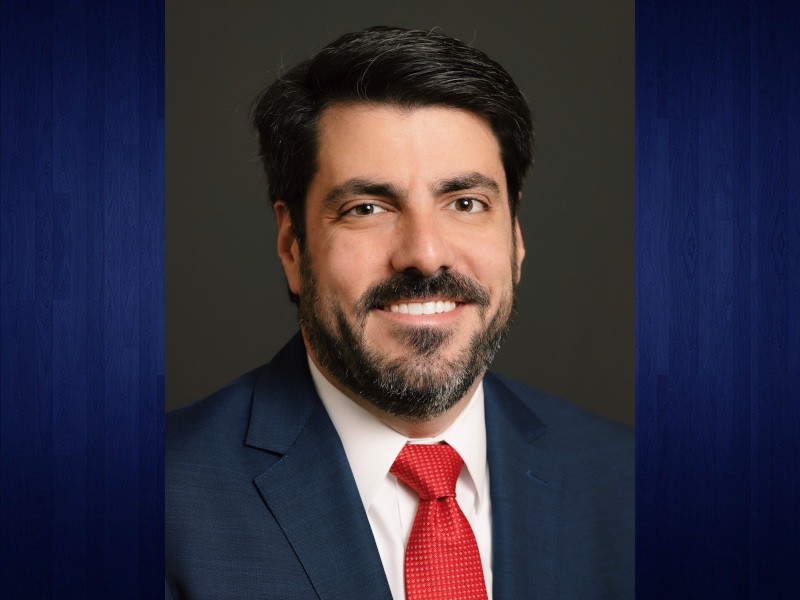Georgia State House District 104 Representative Chuck Efstration said he was excited to see that voters approved the incorporation of the new city of Mulberry in northeast Gwinnett County Tuesday night.
The Republican Georgia House Majority Leader helped lead the legislative push to put the creation of the city on the May 21 ballot. He spoke Wednesday morning, saying he believes Mulberry will be a success.
"I'm very excited by the results. 57 percent of voters supported local control of planning and zoning without a city property tax," Efstration said. "This is a new day, really, for our area. Having local control of planning and zoning so that our voices are actually heard so we can have responsible growth, rather than just high-density without limits."
Efstration, who lives in the boundaries of the new city, said the area will now be in a transitionary period until Mulberry's first city council members are elected in November. The five council members will be elected by district, with a mayor being chosen among the council members.
A website created by the city's proponents has a map showing the council district lines.
"We have had other cities created in the past 15 years, and there's a process that is followed to ensure that those cities are up and running by the effective date, and I expect Mulberry will be up and running when council members are elected in November," Efstration said.
There could be more court hearings involving the city prior to those council elections, however. A lawsuit filed in Gwinnett County Superior Court by Stephen Hughes sought to remove the cityhood vote from the May 21 ballot on the grounds that the city's charter, which was approved by the state legislature in February, does not allow for the city to levy taxes, which the suit called unconstitutional.
Judge Tadia Whitner ruled that the vote could move forward, but said that any questions of constitutionality could be brought back to the court if voters chose to incorporate Mulberry. Hughes said after the hearing that he wanted to show his fellow residents that the city would not be able to follow through on legislators' promises of no new city taxes.
Efstration questioned the motives of the lawsuit.
"The filer of the lawsuit claimed he was concerned about city taxes, yet his lawsuit is arguing that the city must be able to impose taxes. To me, that argument just doesn't make sense," Efstration said. "If the plaintiff in the case decides to dismiss his lawsuit, then the lawsuit is resolved."

http://accesswdun.com/article/2024/5/1244123/efstration-excited-about-mulberrys-approval
